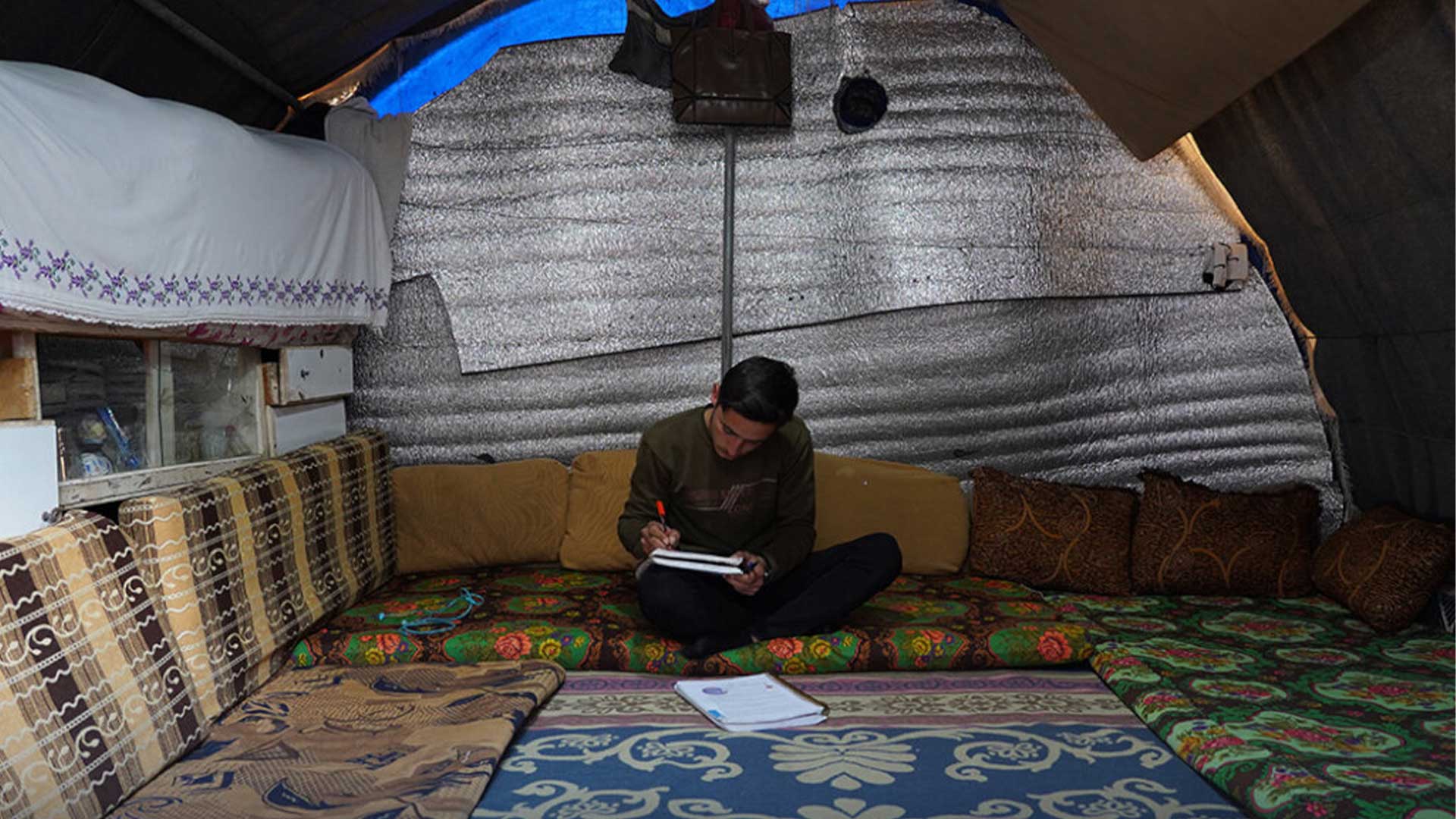Nanotechnology is the study and application of extremely small things and can be utilized across various scientific fields such as chemistry, biology, physics, materials science, and engineering.
A nanometer is an incredibly small unit of measurement; one nanometer is one-millionth of a millimeter, making it impossible to see with the naked eye or simple magnifying tools. Nanotechnology is used in atomic measurements to determine the sizes of material particles within them.
This article will explain the role of nanotechnology in precision agriculture, smart packaging, and food processing, as well as its benefits and health risks, and its impact on the quality of agricultural products.
What is Nanotechnology?
Nanotechnology is a science that studies the potential to alter matter at the nano level to produce new materials or advanced devices to serve human interests in various fields.
Nanomaterials are extremely small chemical substances used with high quality in numerous industrial applications such as communications, electronics, and medical fields due to their numerous physical and chemical properties. These are prepared using methods that all rely on the atomic scale.
Nanotechnology enters vital fields, medical areas, studies the primary components of cells, and understands their properties using magnifying microscopes. It also pertains to pharmaceutical manufacturing, microinjection, DNA studies, and cell proliferation in chronic diseases and clusters, all applications of this technology.
Nano and Precision Agriculture
The purpose of precision agriculture is to increase outputs (crops) and reduce inputs (fertilizers and insecticides) through monitoring climate variables and taking targeted actions.
Nano sensing and monitoring devices are used in agricultural fields to monitor soil conditions, fertilizers, chemicals, pests, pollutants, and water usage and measure climate conditions to ensure crops grow as efficiently as possible.
The application of nanomaterials in agriculture specifically aims to reduce the application of plant protection products, minimize nutrient losses in fertilization, and increase yields through improved nutrient management.
All this leads to significant agricultural production at a low cost, reducing agricultural waste and environmental pollution.
Food Safety and Packaging with Nanotechnology
Developing smart packaging for products to maintain the quality and safety of food and keep it fresh involves enhancing the mechanical and chemical properties of packaging materials using nanotechnology, making them strong and resistant to heat and environmental conditions.
It also involves developing active surfaces that are antimicrobial and can detect biological or chemical changes.
There are companies and institutions developing smart packaging systems, such as those using sensing devices that react to gases and change color when food spoils and gases are released, and others using nanomaterials that reduce oxygen penetration and maintain product moisture.
There are also sensitive devices for detecting contamination of food products at the same time, and others for detecting the presence of pesticides in fruits and vegetables, among other nano-based devices and systems that enhance food security and safety.
Food Processing with Nanotechnology
Nanotechnology has significant impacts on the development of functional and reactive food that responds to the body’s needs and can deliver nutrition more efficiently.
Many research groups are working to develop food for times of need, which remains dormant in the body and delivers nutrition when needed, and to develop nano capsules in food to deliver nutrition, as well as adding a type of nanoparticles to current food to increase nutrient absorption.
Some companies are studying the direct delivery of nutrients in nanoparticle form to cells, and others are studying smart foods that release nutrients in response to detected deficiencies through nano sensing devices.
Biological Processing and Enhancing Product Quality
Nanotechnology has played a significant role in microbial treatment in the agricultural system, and some chemicals like pesticides are resistant or slow to decompose in nature and thus remain in the environment for longer, potentially entering the food chain and causing serious health problems.
Through the application of nanotechnology, these toxic and harmful compounds can decompose under certain conditions.
Health Risks of Nanotechnology
Studies have shown that the nutritional properties and related health benefits of agricultural products have been increased through the application of nanotechnology, which has attracted the attention of consumers and the food industry in this area.
Research has shown that spraying nanoparticles like zinc has led to a significant increase in plant protein and fiber.
Finally:
Researchers have found that there are both negative and positive responses of nanoparticles on plant growth depending on the properties of the nanomaterials, the method of application, and the plant species involved. It should be noted that there are health hazards associated with nanotechnology, as it can cause malignant tumors in those who handle it directly.
The danger of materials manufactured using nanotubes to human health is significant, as they can easily enter through skin pores or by inhalation due to their microscopic nature, and once they enter the body, they are difficult to remove; currently, there is no medical treatment for them.
What do you think, dear reader? Are you for or against the use of nanotechnology in food?
Author: Mr. Samer Al-Aloush, Science Teacher at Masarat Initiative
Also read: “Energy and Life: Secrets of Healthy Eating for a Balanced Body and Mind“







